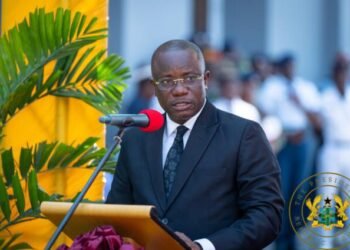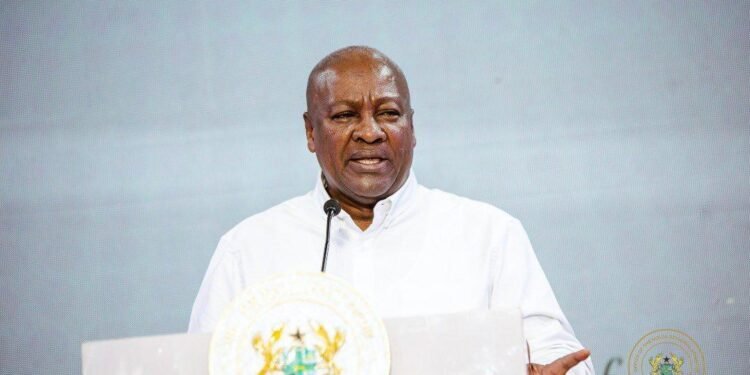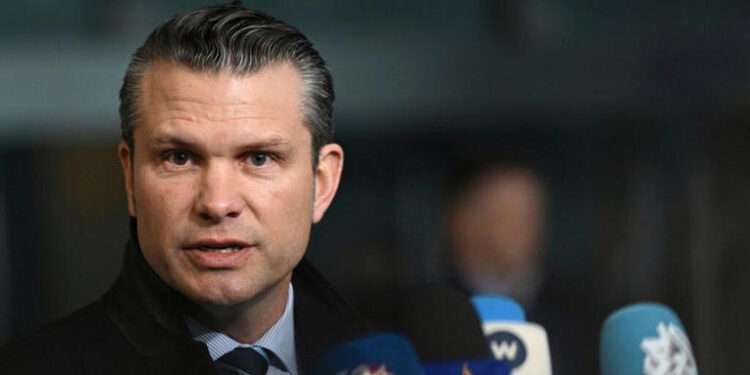The Ministry of Energy and Green Transition has dismissed calls by the Minority in Parliament for a load-shedding timetable, stating that current generation capacity is sufficient.
In a press release, the Ministry described the Minority’s call as “misplaced” and unjustified, assuring Ghanaians that there is no need for an official load management timetable.
“The current power generation capacity is sufficient to meet peak demand; hence, there is no basis for a load-shedding timetable at this time.”
The Ministry of Energy and Green Transition
In a sharp rebuttal, the Ministry’s release, signed by its Head of Communications, Richmond Rockson, Esq., acknowledged that while distribution challenges persist, these issues are being actively addressed.
“The Ministry is aware of the intermittent power supply challenges in parts of the country, which are largely distribution-related and not a result of generation shortfalls.”
The Ministry of Energy and Green Transition
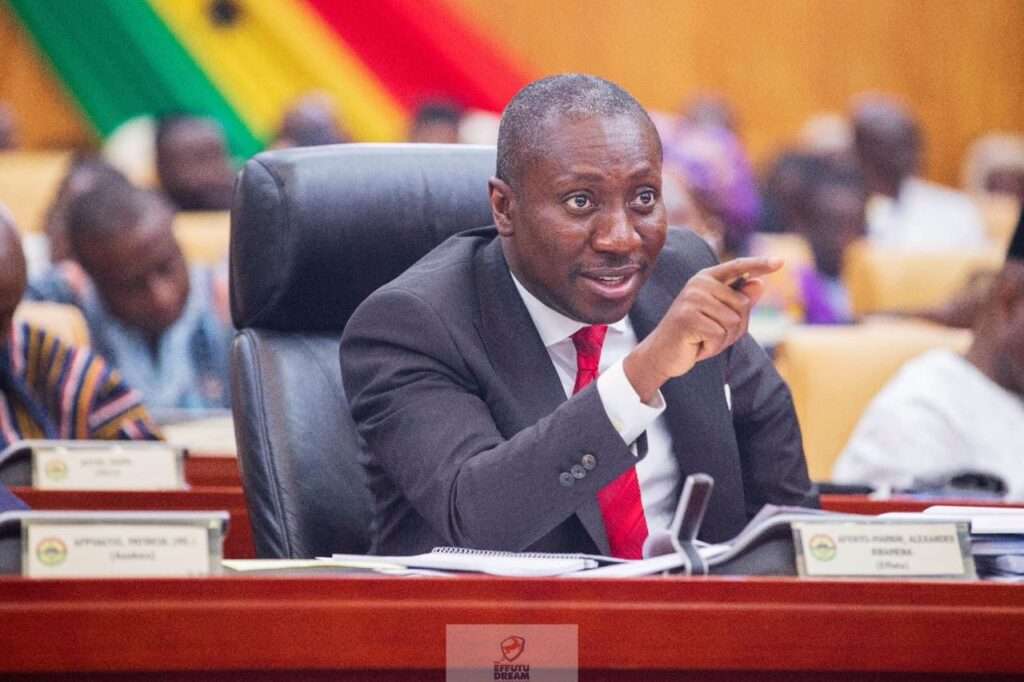
According to the Ministry, the government inherited these distribution issues and has since been working with the relevant industry players to rectify systemic inefficiencies within the ECG and the Ghana Grid Company Limited (GRIDCo).
The Ministry’s response was triggered by a press conference held by the Minority in Parliament. In their address, the Minority criticised what they described as the government’s “deceptive silence” over erratic power supply in parts of the country, which they claimed is causing disruption to homes, businesses, and essential services.
The Minority also accused the Electricity Company of Ghana (ECG) and the Energy Ministry of concealing a return to the dreaded power outages colloquially known as “dumsor.”
The Minority further demanded that the government publish a clear, predictable, and dependable load management schedule to allow Ghanaians to plan accordingly.
Navigating a Delicate Energy Landscape
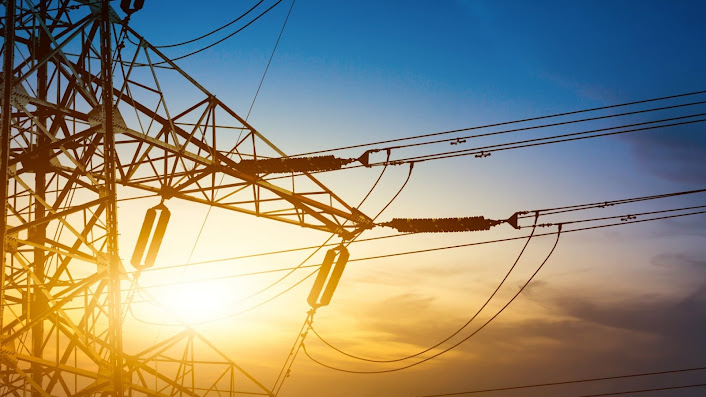
While rejecting the idea of an official load-shedding timetable, the Ministry argued that publicizing such a document at this stage could create unnecessary panic and undermine investor confidence.
The Ministry further emphasized that overall power generation capacity is not the root cause of the reported interruptions. Instead, the challenges are mostly technical and logistical, particularly within distribution infrastructure and maintenance schedules.
The Ministry reiterated, “The Government remains committed to the consistent provision of electricity to the Ghanaian people,” calling for public patience and support as these structural reforms take effect.
The Ministry again emphasized its commitment to transparency, noting that it regularly updates the public on power sector developments and is working with ECG to enhance real-time communication through digital platforms.
The disagreement over the power supply situation underscores rising political tensions as the government continues to face scrutiny over service delivery in key sectors.

The issue of load-shedding or power instability should be addressed with technical facts and national interest, not partisan spin. The Ministry must remain responsive, and the Opposition must hold government accountable without politicizing the situation.
The Ministry is right in stating that generation is not the problem. But if ECG cannot effectively distribute power due to ageing infrastructure or financial bottlenecks, the end result is still outages for consumers. Transparency is key.
Public sentiment remains divided. While some residents in Accra and Kumasi report intermittent outages, others in areas like Takoradi and Tamale say power supply has remained stable. Social media commentary reflects growing public frustration over the lack of clarity.
As the Ministry of Energy and Green Transition pushes back against calls for a load management timetable, the spotlight remains on how effectively it can address lingering distribution issues and maintain stable supply across Ghana.
The government’s assertion of sufficient power generation capacity is reassuring, but the lived experiences of consumers will ultimately determine public confidence. For now, the Energy Ministry urges calm and promises ongoing reforms to build a more resilient and efficient energy sector.
READ ALSO: AfDB Mechanisms Training Empowers West African Climate Advocates





